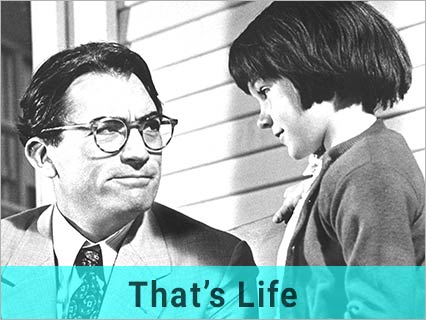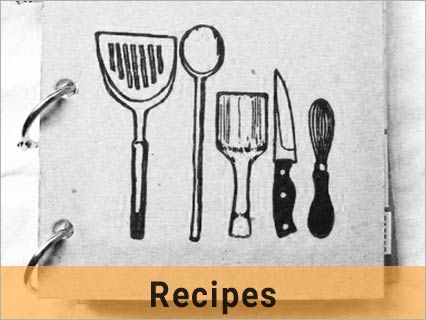Food hygiene standards in the 1930s
12 Jul 2019
Dear LPG
I wonder if readers will remember the days when their parents would force them to get up on a really cold morning in order to help with the shopping, which all had to be carried home on a daily basis, however bad the weather.
I was a child of the 1950s and I certainly remember that on the way home we would stop and buy a few pennies’ worth of roasted chestnuts or baked potatoes to warm us up. You may well ask why such a memory comes to mind now.
I have been going through some papers and came across this piece of writing which I hope will provoke some memories for the older pensioners amongst us…
A slice of London Life in the 1920s and 1930s
I first saw the light of day in 1920 and in the ensuing years have experienced many events, as you too have also no doubt, some more traumatic than others. I would like to jog the memory of some of you by recounting some episodes during the above two decades and here are just a couple of starters
Before there were such folk as Health and Safety Officers, Environmental Health Officers and Street Trading Licenses to worry about, street vendors were free to ply their trade as they thought fit. They varied their wares in line with the seasons and one old lad, I recall, had a winter trade selling roast chestnuts and baked potatoes from a mobile coal-fired oven with a form of hot plate on the top to keep the cooked chestnuts hot, and a row of fearsome looking spikes ranged along the back on which the potatoes were speared. His pitch for most of the time was outside a shop at the top of Clifton Hill in New Cross.
The Chestnuts were sold in proper little paper bags but purchasers of potatoes had to make do with half a sheet of newspaper. On one occasion when I was passing he had run out of newsprint so he nipped along to the shop next door, which had placards outside, unclipped the flimsy metal guard holding the placard in place, extracted said item, tore it up and used it as a newspaper substitute. Those were the days when food hygiene was, as they say, on a back burner, and I don't think the shop owner ever bothered to summon him for theft!
Written by G.H. (B. 1920)
I don’t know who GH was, but I hope his comments of a time gone by bring back a few happy memories, although it may be better not to think about the standard of food hygiene back then.
JC, Lewisham







